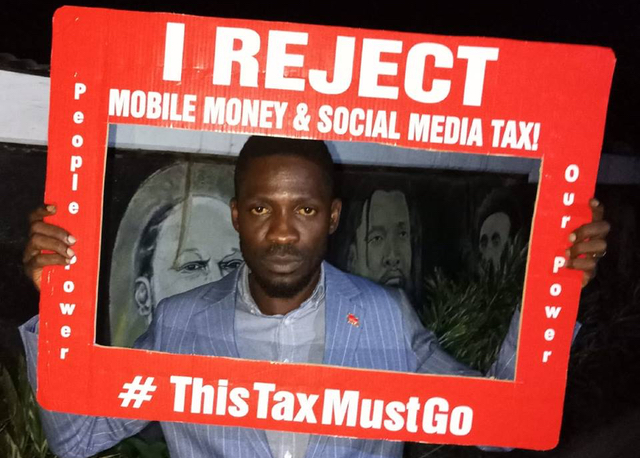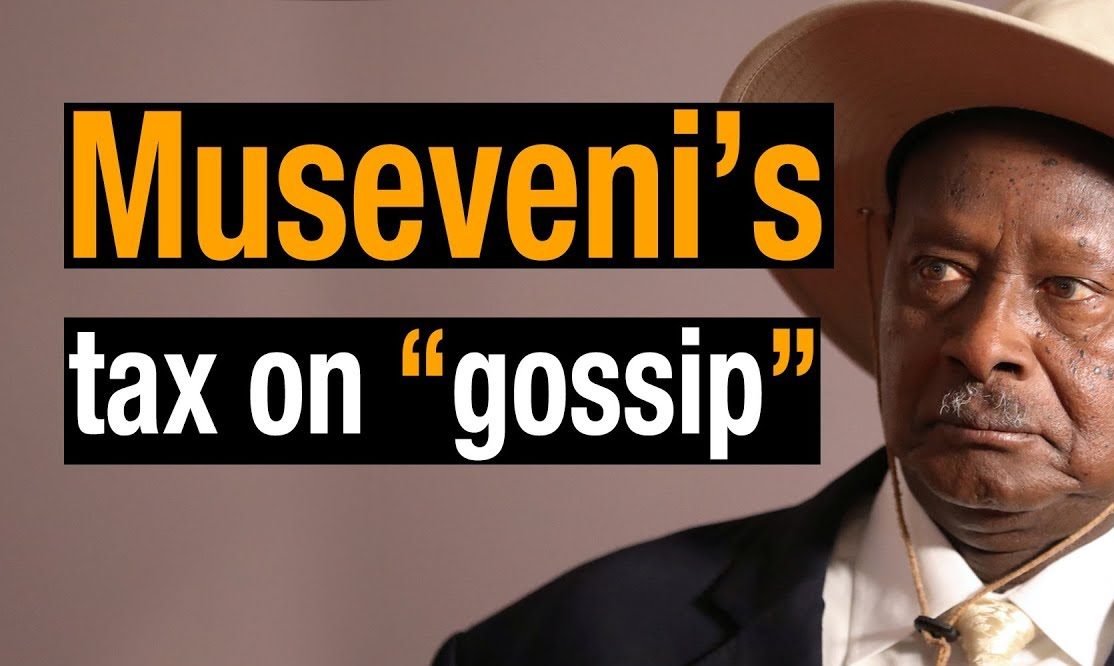Uganda’s Gossip Tax: 6 Years Later
Uganda’s Gossip Tax: 6 Years Later, Did It Kill Porn, Gossip, or Just Wallets?
How the Daily Tax Began
In 2018, Uganda introduced what became known worldwide as the gossip tax, charging citizens 200 shillings a day to use apps like WhatsApp, Facebook, and Twitter. The government claimed it was meant to curb gossip and raise money, but many quickly realized the impact stretched far beyond idle chats. Platforms where people shared uganda porn, hookup ads, and even telegram nude groups were suddenly harder to access without extra fees.
The Immediate Fallout
Within months, millions dropped off the internet. Students who once joined best porn telegrams, whatsapp porn groups or followed telegram porn groups found themselves priced out. Activists complained about lost voices, while everyday users joked that sending an 🍑 emoji was now as expensive as a Rolex and soda. Instead of curbing gossip, the law sparked creativity. People learned VPN tricks overnight, slipping back into the best porn telegram channels, gossip forums, and even escort ads.
From VPNs to the Streets
The gossip tax didn’t just cut digital chatter; it reshaped nightlife. With online browsing taxed, many turned to the streets of Kampala, Entebbe, Wandegeya, and Nakulabye. Suddenly, demand for kampala escorts and ugandan escorts grew louder, but this time not on platforms like https://www.exoticuganda.com/escorts-from/kampala-escorts/. Offline encounters — from a big booty escort in Kabalagala to escorts in nansana — became the alternative when online platforms felt risky or costly. Meanwhile, those preferring discretion leaned into online escorts, booking through trusted pages instead of gambling with street hustlers by use of VPNs.
For more, browse Ugandan erotic videos here
Porn, Escorts, and Workarounds
Ironically, the tax barely dented access to adult content. If anything, it gave rise to a surge of creative sharing. Exotic porn clips circulated through backdoor apps. Fans of real escort porn and uganda pussy videos kept swapping links, often hidden under coded group names. The government once even tried a “pornography detection machine,” but Ugandans laughed it off while quietly rejoining callescort and calledcort platforms.
Six Years Later
Six years on, the scorecard is clear. The gossip tax flopped financially, bringing in far less than expected. It widened Uganda’s digital divide, hurt poorer users, and made activists shout louder. Yet it failed to stop gossip, porn, or hookups. In fact, phrases like escorts uganda, exotic escort, and escorts in mbarara are still thriving online, showing how little impact the levy had on the industries it supposedly targeted. The state eventually scrapped the OTT tax in 2021, swapping it for a levy on internet bundles, but by then Ugandans had mastered VPNs and workaround culture.
To Finish;
The gossip tax proved that you can charge people to log on, but you can’t tax desire. From callescourt ads to calescort directories, from Telegram leaks to trusted exotic escort pages, Ugandans will always find their way. Whether it’s gossip, hookups, or unfiltered content, the resilience of users has kept the culture alive long after the government’s experiment faded.




